Keywords: Israel
There are more than 24 results, only the first 24 are displayed here.
Become a subscriber for more search results.
-
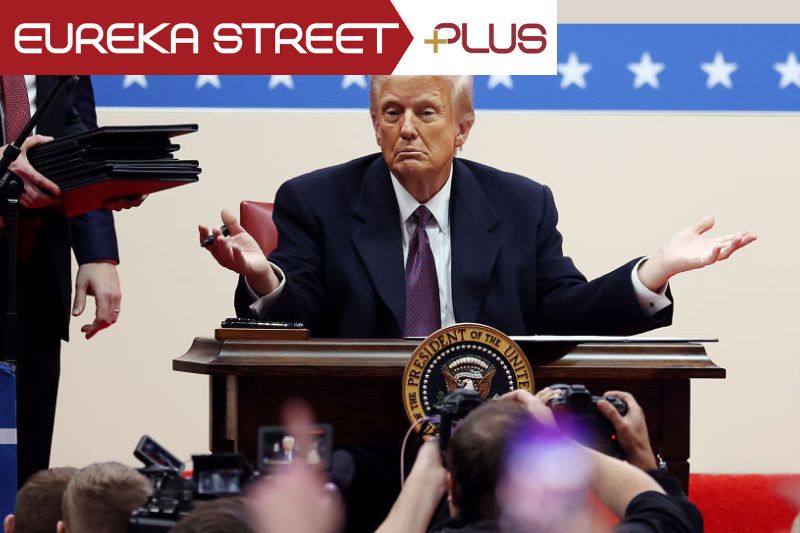
INTERNATIONAL
- Peter Craven
- 24 January 2025
In a second presidency begun with a spate of brash decrees — annexing Greenland, scrapping birthright citizenship — and forging odd alliances with billionaires, Donald Trump is already defying expectations. How did we reach this unsettling moment, and can America endure it?
READ MORE 
-

AUSTRALIA
- Andrew Hamilton
- 23 January 2025
Australia's national day remains a divisive symbol, rooted in colonial history. As the country grapples with issues of war, inequality, and climate change, the call for a more inclusive, meaningful celebration grows. How can a national day honour both the complexity of our history and the dignity of all Australians?
READ MORE
-

INTERNATIONAL
- Jim McDermott
- 16 January 2025
In Los Angeles, wildfires blur the line between disaster and daily life. Evacuation alerts, smoke-filled horizons, and neighborhoods turned to ash coexist with packed restaurants and holiday plans. As the fires rage on, one question persists: is this the new normal?
READ MORE
-
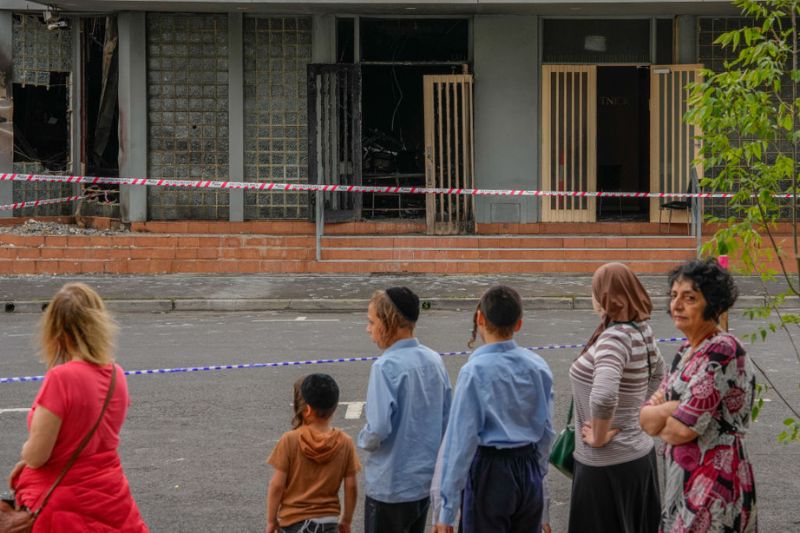
AUSTRALIA
- Andrew Hamilton
- 12 December 2024
The firebombing of Melbourne's Adass Israel Synagogue is a profound tragedy, reflecting the weight of historical hatred and contemporary tensions. Amid global grief and anger, this act of antisemitism compels us to reflect on the shared humanity of all people and the urgent need for peace, understanding, and ethical leadership.
READ MORE
-
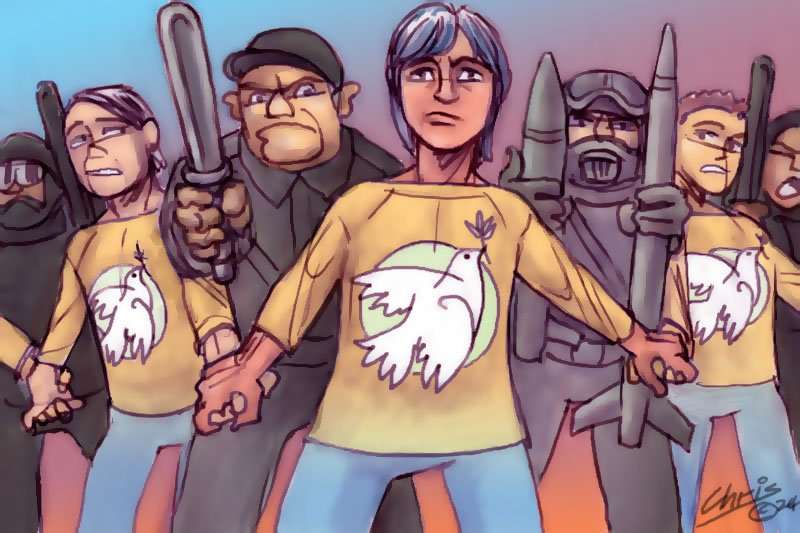
INTERNATIONAL
- Justin Glyn
- 10 December 2024
Peace is hard to define, harder to achieve, and almost impossible to sustain. In a world obsessed with profit, simplistic narratives, and selective outrage, peace feels like a lofty ideal rather than a realistic goal. But what would it take to make peace more than a buzzword—and a true global reality?
READ MORE
-
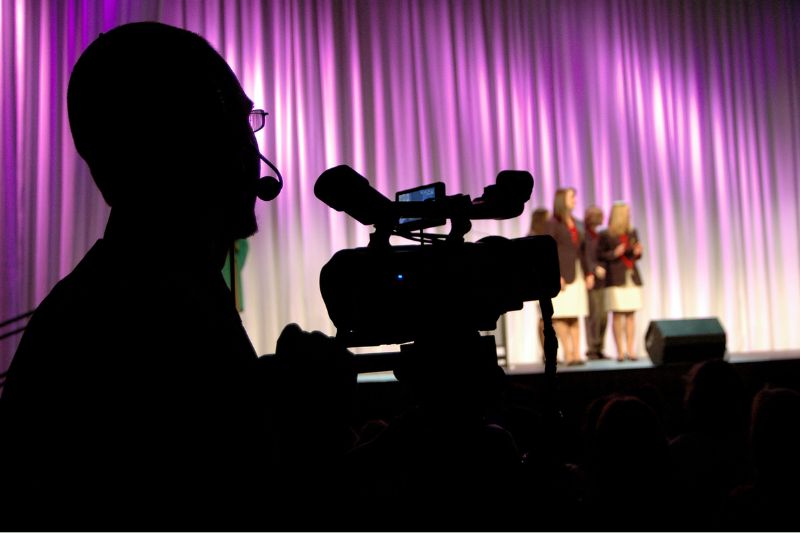
ARTS AND CULTURE
- Juliette Hughes
- 05 December 2024
From reality TV’s contrived narratives to global news shaped by biases, we rarely consume truth unfiltered. Why does raw reality feel unbearable — and how does this shape our lives?
READ MORE
-

AUSTRALIA
- Erica Cervini
- 25 November 2024
4 Comments
Once seen as the champions of climate action and progressive politics, the Greens are now grappling with internal chaos, falling poll numbers, and a disillusioned voter base. From controversies over identity politics to disputes about housing and Middle East policies, the party is facing a critical question: What do they stand for today?
READ MORE
-

ARTS AND CULTURE
- Ken Haley
- 15 November 2024
Anyone possessed of the facts can write history. Few can express so well as Bob Woodward the heartbeat of his times and the heartbreak that history frequently brings in its wake. In War, Woodward dives into the three major geopolitical conflicts of our time.
READ MORE 
-

INTERNATIONAL
- Dotan Rousso
- 31 October 2024
1 Comment
Beyond economic and national security agendas, Trump’s appeal, more visceral than policy-driven, hinges on tapping into a collective disillusionment — one that sees progressive ideology as veering into an unforgiving orthodoxy.
READ MORE
-

INTERNATIONAL
- Ken Haley, David Halliday
- 31 October 2024
1 Comment
In the most bitter of election seasons in America, thousands of votes will be won and lost by seeking to protect the civil rights of Israelis and Palestinians alike, although any kind of lasting peace will require greater effort than any U.S. political party has yet devoted to it.
READ MORE 
-

AUSTRALIA
- Andrew Hamilton
- 30 October 2024
2 Comments
The traditions of All Saints Day and All Souls Day invite a rare reflection on death — a topic largely sidelined in contemporary Australia. Amid global events and various cultural spectacles, these days offer a quiet reminder to consider how we honour the dead and what that reveals about our values.
READ MORE
-
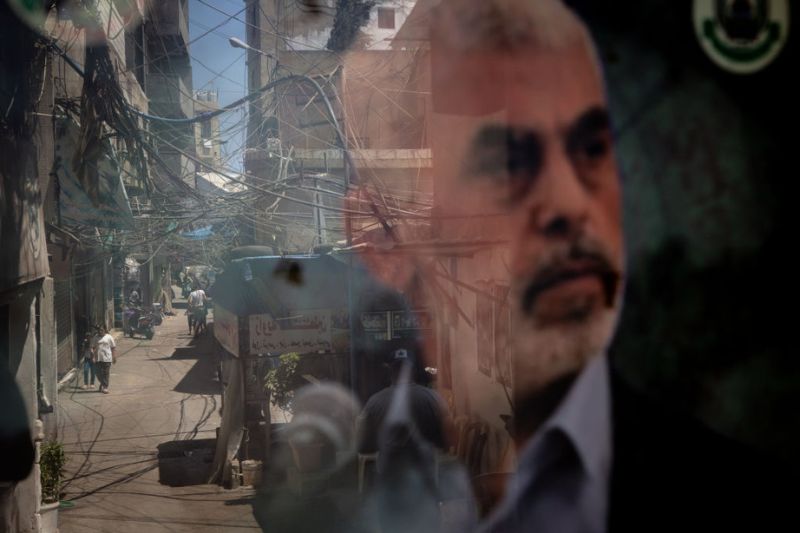
INTERNATIONAL
- Binoy Kampmark
- 23 October 2024
2 Comments
The death of Hamas leader Yahya Sinwar, architect of the October 7 attacks on Israel, has been hailed by Israeli and U.S. leaders as a significant victory and a turning point in the Gaza conflict. But as strikes continue, history suggests such assassinations often fuel further conflict, not lasting peace.
READ MORE